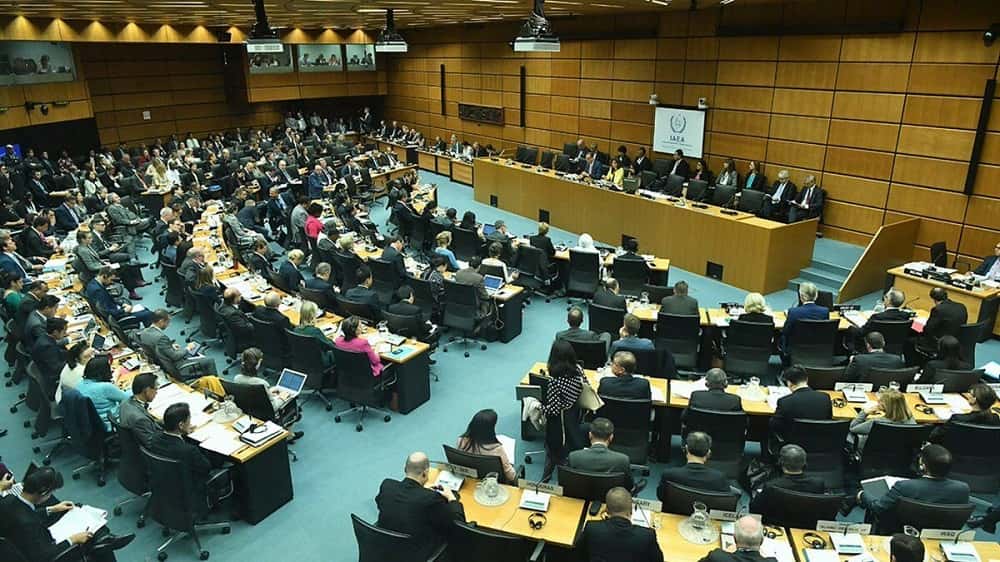

This finding, based on the International Atomic Energy Agency’s (IAEA) standards, marks a significant escalation in Iran’s nuclear capabilities.
According to the IAEA, Iran’s stock of highly enriched uranium has increased by 6.7 kg since September 4, reaching a total of 128.3 kg. This amount far exceeds the 42 kg threshold, which is theoretically enough, once further enriched, to produce a nuclear bomb. This rapid progression in uranium enrichment poses a severe threat to both regional and global security.
The IAEA’s concerns with Iran extend beyond enrichment levels. The agency has reported a lack of cooperation from Iran, including the regime’s refusal to provide critical information. Despite a March agreement to reinstall monitoring equipment, Iran has only partially complied. Furthermore, the de-designation of highly experienced IAEA inspectors in September undermines the agency’s ability to effectively monitor Iran’s nuclear activities.
Western powers, particularly the United States and European allies, have shown reluctance in directly confronting Iran’s nuclear ambitions. Concerns about provoking a counter-reaction and exacerbating regional conflict have led to a more appeasement-oriented approach. This policy has allowed Tehran to advance its nuclear program with limited repercussions.
Despite warnings from the E3 group (Britain, France, Germany) and the U.S., formal condemnations or clear ultimatums have been lacking. This absence of firm accountability raises fears that Iran could develop nuclear weapons with relative impunity.
The regime’s nuclear dossier must be referred to the UN Security Council as soon as possible, and the six UNSC resolutions should be reinstated by the trigger mechanism, which should have been done a long time ago#Iran#JCPOA pic.twitter.com/9SK0sAe9LD
— Maryam Rajavi (@Maryam_Rajavi) September 14, 2022
Rafael Grossi, Director General of the IAEA, has highlighted the seriousness of Iran’s nuclear activities. In an interview with the Financial Times, Grossi called for the international community to focus on these risks, despite the plethora of regional conflicts.
Iran’s steady progress in uranium enrichment, coupled with the inadequate response from the IAEA and Western powers, presents a significant challenge to global efforts to prevent nuclear proliferation. The root of this issue lies in the continuous adoption of appeasement policies by Western nations, leading to a failure to hold the Iranian regime accountable for its actions.
Experts suggest that instead of prolonged nuclear negotiations, the international community should reinstate the six UN Resolutions and activate the snapback mechanism outlined in UNSCR 2231. Such decisive measures could prevent Iran, recognized as a leading state sponsor of terrorism, from acquiring nuclear weapons.
The ongoing turmoil in the Middle East underscores the urgency of addressing the threat emanating from Tehran. Without decisive action against Iran, the region and the world will continue to face instability and the risk of nuclear proliferation.

MEK Iran (follow us on Twitter and Facebook), Maryam Rajavi’s on her site, Twitter & Facebook, NCRI (Twitter & Facebook), and People’s Mojahedin Organization of Iran – MEK IRAN – YouTu







